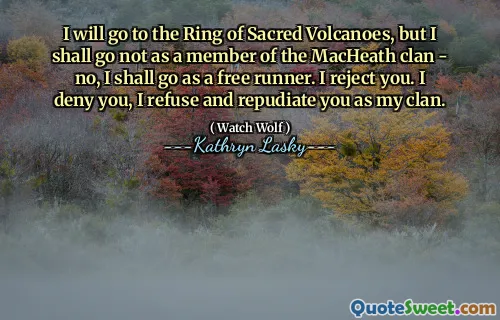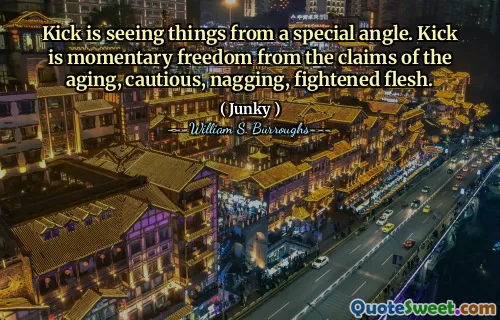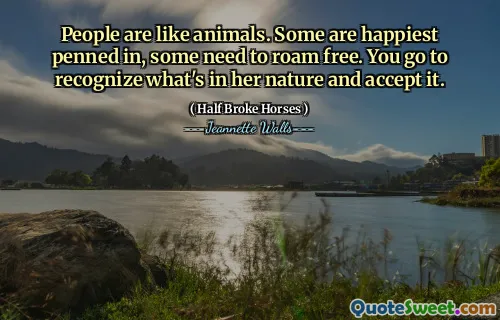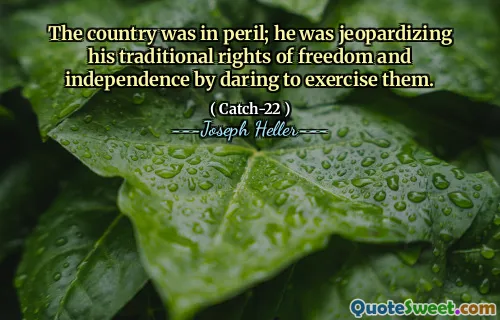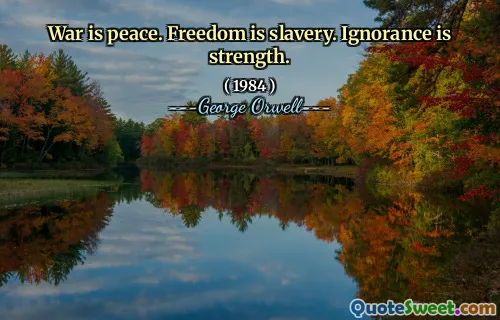
Here's how I learned to improvise: I played some music in the studio and I started to move. It sounds obvious, but I wonder how many people, whatever their medium, appreciate the gift of improvisation. It's your one opportunity in life to be completely free, with no responsibilities and no consequences. You don't have to be good or even interesting. It's you alone, with no one watching or judging. If anything comes of it, you decide whether the world gets to see it. In essence, you are giving yourself permission to daydream during working hours.
Improvisation, as Twyla Tharp describes, is much more than just a spontaneous act of creativity—it is a profound form of freedom. The idea that in improvisation one is utterly free from consequences, judgment, or the need to perform perfectly, offers a rare glimpse into a state of pure self-expression. When we embark on improvisation, we step into a space where the usual pressures and expectations evaporate, opening a pathway to authentic inner exploration. This notion beautifully highlights the importance of play and vulnerability in our creative processes. By embracing improvisation, we acknowledge that creation doesn’t always have to be polished or purposeful in the conventional sense; sometimes, it’s simply about the process and the joy of discovery. Additionally, the ability to decide if the world ever sees what emerges from an improv session is a compelling reminder of mastering our creative agency, respecting both our raw ideas and their potential growth. Tharp also subtly invites us to reframe daydreaming—not as idle or wasted time but as an essential act of creative permission during our working hours. This can be empowering in a culture that often equates productivity solely with tangible outcomes. In all, this quote encourages us to honor improvisation as a vital creative tool and as an act of liberation, reminding us that at its core, creativity is as much about freedom as it is about skill.






